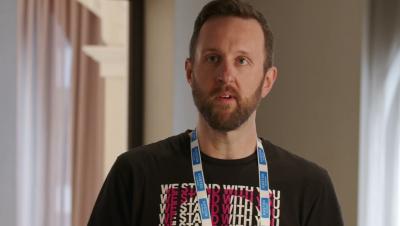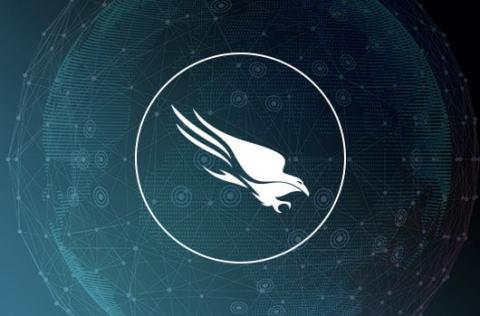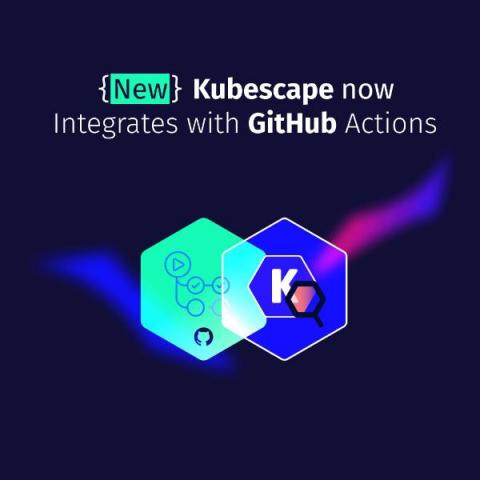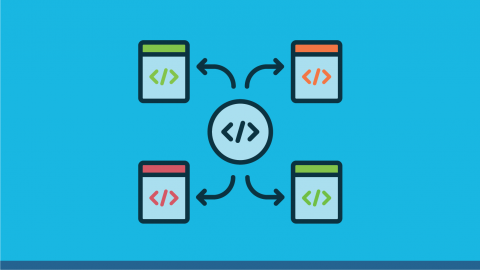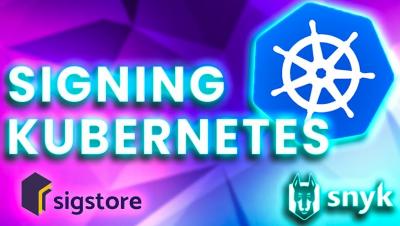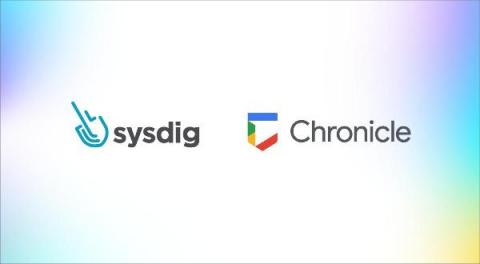Security | Threat Detection | Cyberattacks | DevSecOps | Compliance
Containers
Importing Docker Logs with CrowdStrike Falcon LogScale Collector
Docker is the primary tool used for containerizing workloads. If your company wants to build containers with quality, then you’ll need access to your Docker container logs for debugging, validation and optimization. While engineering teams can view container logs through straightforward CLI tools (think docker logs), these tools don’t provide a mechanism for storing or indexing logs over time. A central, remote location for gathering logs from Docker containers is necessary.
[NEW] Kubescape now integrates with GitHub Actions
Dynamic Authorization with Policy-Based Access Management
Traditional or static authorization methods no longer meet the demands of today’s digital business environment. Data breaches are on the rise (a 23% increase in 2021, as per the Identity Theft Resource Center), forcing organizations to re-evaluate their security and compliance practices.
How Integrating with GCP Benefits Kubernetes Data Protection and Data Migration for GKE
TFiR has produced its brand-new video show called Let’s See. This is the first time that TFiR has come up with a demo show where we will get to see how some of the technologies and products work.
How to Sign Kubernetes using Sigstore
What is RBAC vs ABAC vs PBAC?
Setting employee controls for IT to manage is the biggest challenge to cloud-native expansion, according to 64% of the developers surveyed in our 2022 Cloud-Native Alignment report.
Sysdig Secure-Google Chronicle Integration - Why, What and How
Cloud adoption and digital transformation have enlarged attack surfaces that can be exploited by malicious actors to harm your organization. Traditional SIEMs and EDRs fall short as they are not cloud-native and also difficult to scale. Further, there are inherent fixed costs that need to be considered when adopting any modern threat detection apparatus.
OPA Management: Challenges and Opportunities
The Open Policy Agent (OPA) is a policy engine that brings the speed, reliability and flexibility of decoupled policy as code to a wide range of authorization use cases across the cloud-native ecosystem. OPA is a Cloud Native Computing Foundation (CNCF) graduated project and has become an industry-wide standard for authorization, with several leading enterprises implementing it in their business-critical cloud systems.



